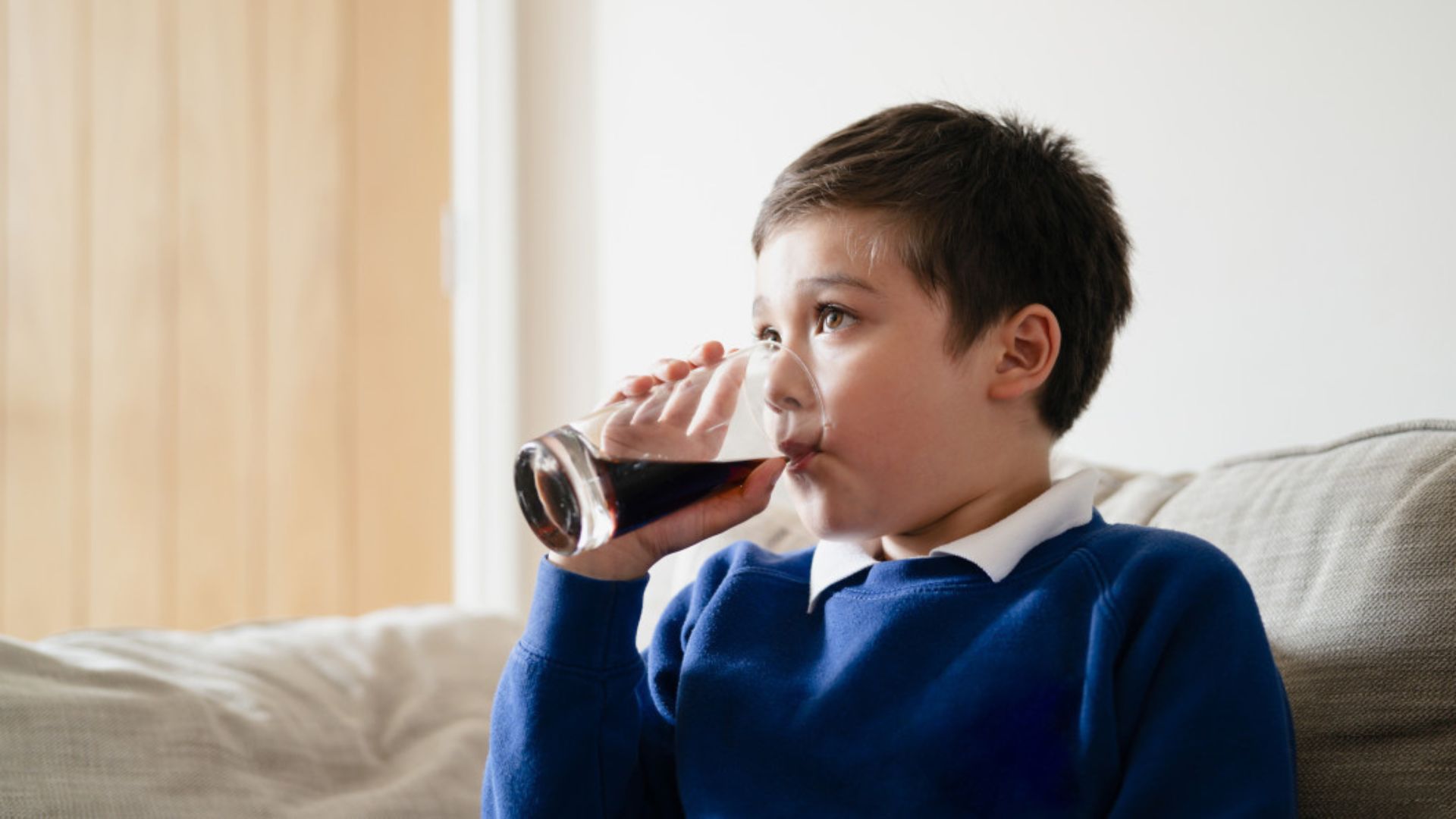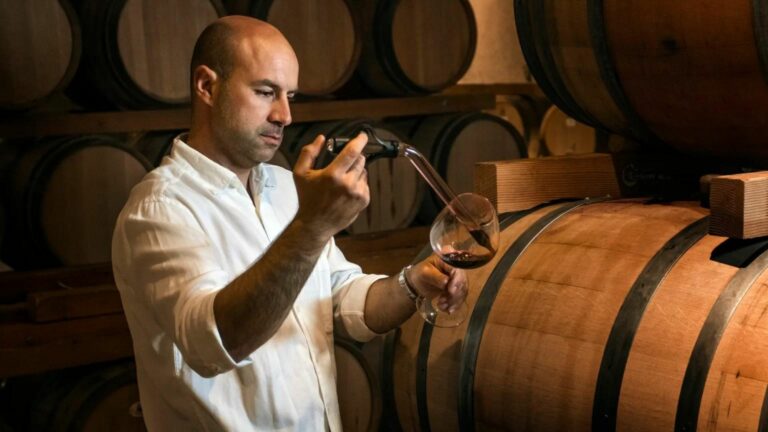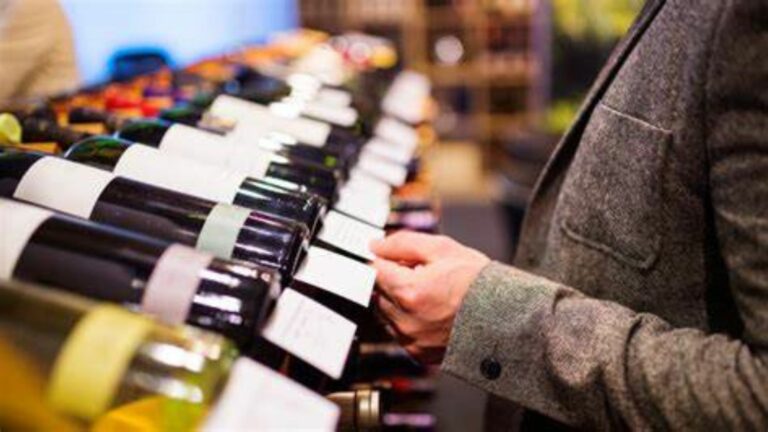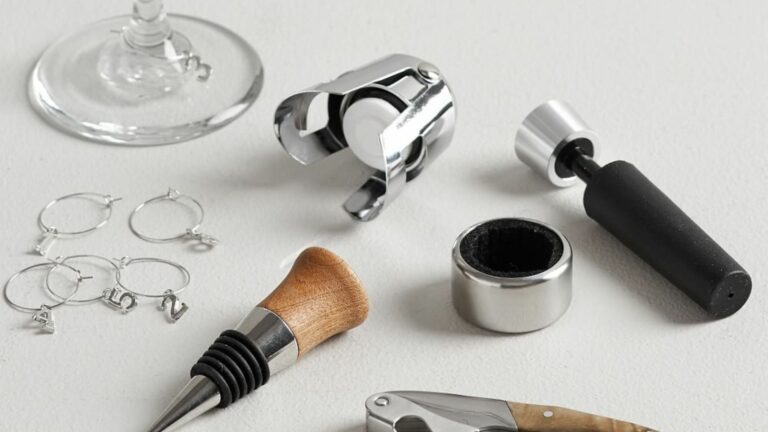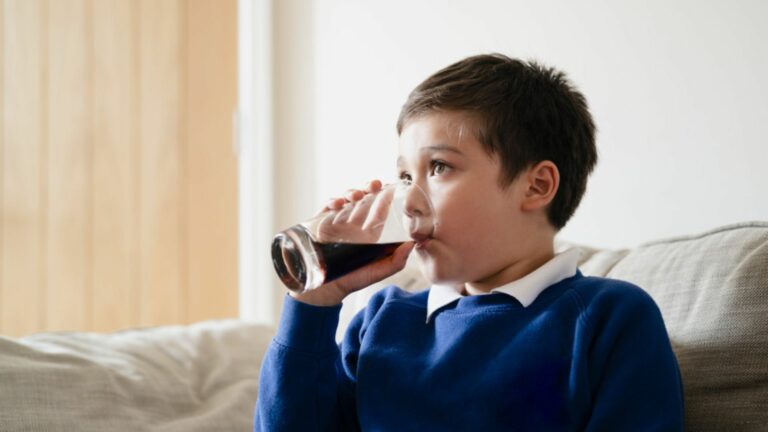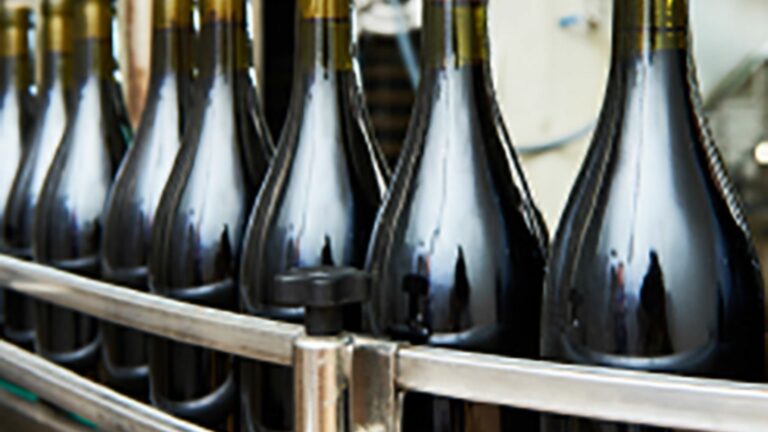Alcohol consumption is a common and socially accepted practice in many cultures around the world. However, when it comes to children and teenagers, alcohol poses significant risks and dangers that should not be ignored. In this blog post, we’ll explore why wine, and indeed any alcoholic beverage, is not suitable for kids, examining the potential health, social, and legal consequences of underage drinking.
Developing Bodies and Minds
One of the primary reasons why wine is not good for kids is the fact that their bodies and brains are still developing. Alcohol consumption can have detrimental effects on the developing brain and body, impairing cognitive function, coordination, and judgment. Children and teenagers who drink alcohol are at increased risk of developing alcohol-related problems later in life, including alcohol dependency, liver disease, and mental health disorders. By abstaining from alcohol during their formative years, children can protect their physical and mental health and reduce their risk of long-term harm.
Increased Risk of Accidents and Injuries
Alcohol consumption can also increase the risk of accidents and injuries among children and teenagers. Impaired judgment and coordination can lead to accidents such as falls, burns, and drownings, while alcohol-related behaviors such as drunk driving and risky sexual activity can result in serious consequences. Underage drinking is a leading cause of injury and death among young people, contributing to thousands of preventable deaths each year. By refraining from alcohol until they are of legal drinking age, children can reduce their risk of involvement in alcohol-related accidents and injuries.
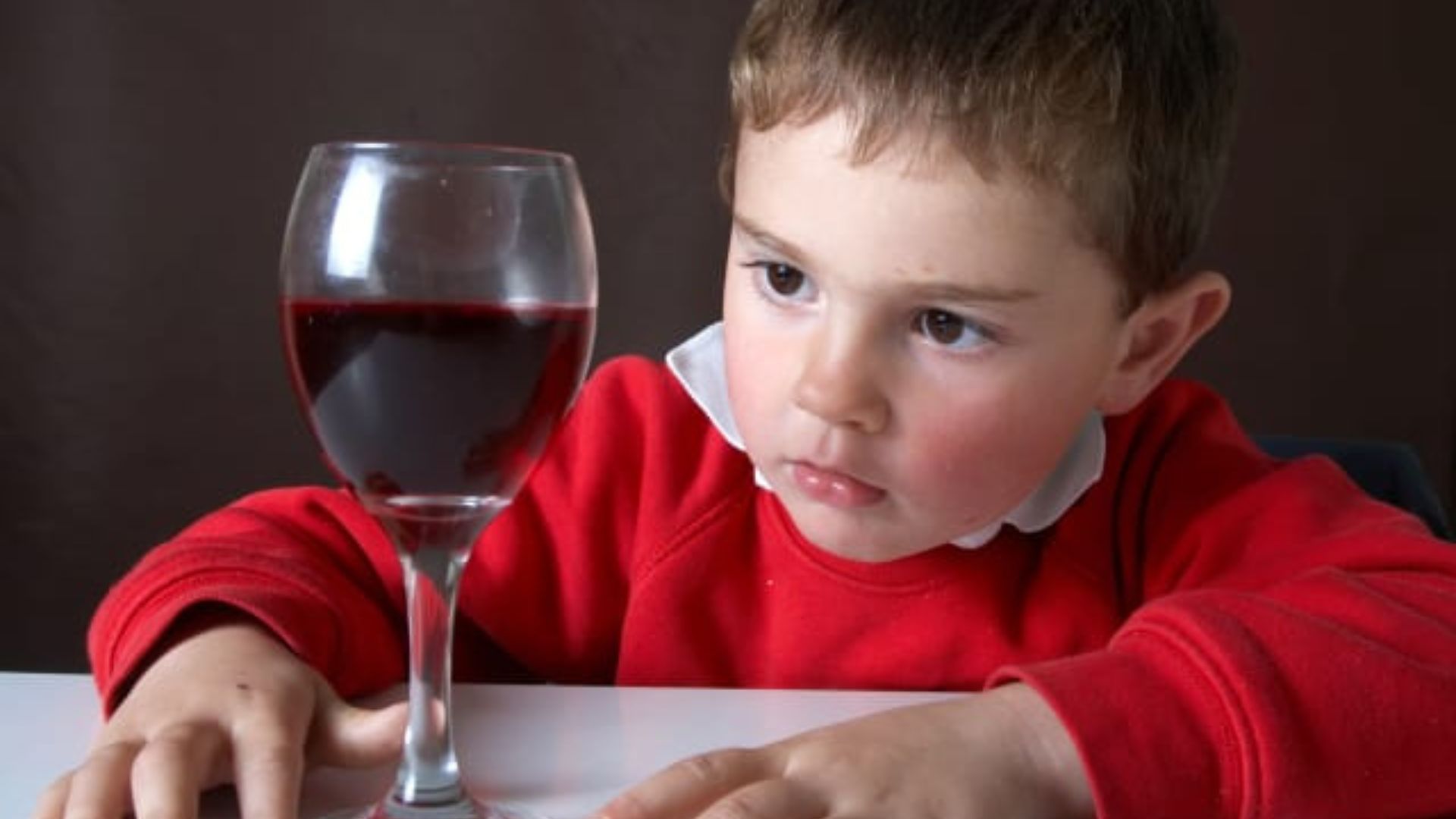
Social and Legal Ramifications
In addition to the health risks, underage drinking can also have social and legal ramifications for children and teenagers. In many countries, it is illegal for individuals under the age of 21 to purchase or consume alcohol, and those who are caught violating these laws may face legal consequences such as fines, community service, and even criminal charges. Moreover, underage drinking can damage relationships with family and peers, leading to strained friendships, academic problems, and social isolation. By avoiding alcohol until they are of legal drinking age, children can avoid the social and legal pitfalls associated with underage drinking and make healthier choices for their future.
Setting a Positive Example
As parents and caregivers, it’s essential to set a positive example for children when it comes to alcohol consumption. By modeling responsible drinking behaviors and abstaining from alcohol in their presence, adults can help instill healthy attitudes and behaviors around alcohol from a young age. Encourage open and honest conversations about the risks and consequences of alcohol use, and provide children with the knowledge and skills they need to make informed decisions about alcohol in the future. By fostering a supportive and alcohol-free environment at home, parents can help protect their children from the dangers of underage drinking and promote their health and well-being.
In conclusion, wine and other alcoholic beverages are not suitable for children due to the significant risks and dangers associated with underage drinking. From the potential health consequences of alcohol on developing bodies and minds to the increased risk of accidents, injuries, and legal ramifications, there are numerous reasons why children should abstain from alcohol until they are of legal drinking age. By educating children about the risks and consequences of alcohol, setting a positive example, and fostering a supportive and alcohol-free environment at home, parents can help protect their children from the dangers of underage drinking and promote their health and well-being now and in the future.

